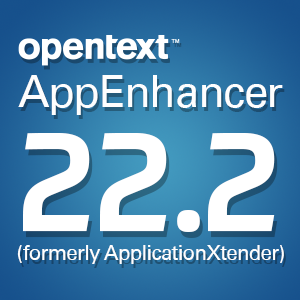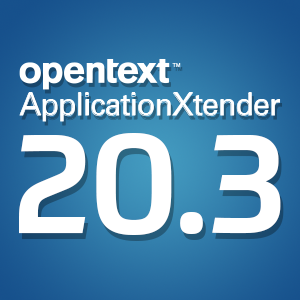Universities in Hong Kong, India, deploy paperless document management initiatives
Friday, September 13, 2013By deploying an enterprise content management initiative called the "Paperless Office Project," City University of Hong Kong (CityU) has been able to unlock at least $500,000 in annual savings while also realizing numerous other benefits, including a reduced reliance on paper, lower power consumption, heightened information security and higher productivity gains since the launch of the program in 2011, according to FutureGov Asia Pacific.
The news source explained that before the university began integrating the initiative, the paper-based document management efforts of its HR and Finance offices were falling short due to the high quantities of information that the departments were expected to handle. Specifically, the offices are tasked with organizing and maintaining personnel and finance files pertaining to all current staff members, plus those of former employees. Clearly, leveraging the help of a document conversion service was the way to go.
"For HR, their immediate task is to convert their physical archive of over 8,000 personnel records from paper to digital form and to facilitate their use in various workflows and processes," the university's Chief Information Officer, Andy Chun, told the news source. "The first priority is to process current full-time staff, which numbered over 3,500. So far, over 1,000 personnel folders have successfully been processed and archived into the university's system."
Meanwhile, the Finance office has made similar strides toward the digitization of the approximately 8,000 payroll folders that need to be processed, converting nearly 3,000 thus far, Chun said.
Business process automation benefits already manifesting themselves
Although the project still has a long way to go, the university is already reaping the benefits of paperless business process management – for instance, when it comes to observing CityU's environmental policy, the differences between paper-based and paperless processes are night and day. The institution is also enjoying the advantages of having a less convoluted filing system, which makes conducting audits and other compliance checks significantly easier than what workers were used to.
"When the documents were stored in hardcopy, a large amount of clerical effort is needed to photocopy and physically transfer documents from building to building, as well as sorting through pages and pages of document to tag them with post-it notes for review," said HR Executive Officer W.Y. Wong, as quoted by the news source.
"The value of instantaneous online search compared with manual sifting through piles and piles of paper documents cannot be overestimated," added Chun.
Once the initiative is completed, CityU estimates that the performance of its information management processes will improve at least sixfold, the media outlet stated.
India's CUSAT also has paperlessness in its sights
Elsewhere in the world, India's Cochin University of Science and Technology (CUSAT) is also looking to go paperless, the Deccan Chronicle recently reported. According to CUSAT registrar A. Ramachandran, the university's administration wing will be moving to a digital filing system, while the creation of a financial information system is also imminent. Although CUSAT employs a smaller workforce than CityU, its 500 teaching staff and 800 non-teaching staff have still amassed a significant amount of documentation that needs to be digitized, but Ramachandran is already eagerly anticipating the results of the effort.
"Services can be delivered without wasting time on paperwork and information can be secured from anywhere on the network," he said, as quoted by the news source.
Eventually, all processes within the administration, admission, examination and finance wings will be computerized and linked via a central network – an undertaking expected to be completed within 18 months, the Chronicle noted.
Brought to you by Image One Corporation, providing complete information governance since 1994.




